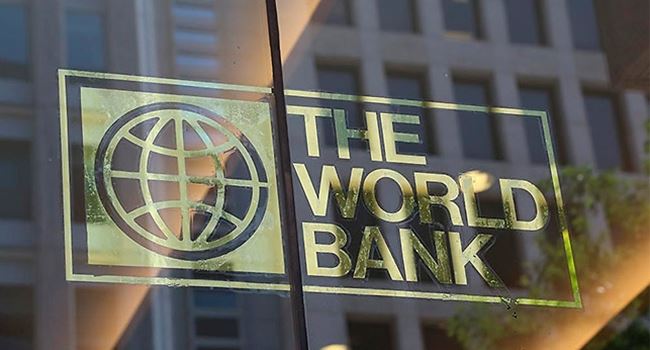News
World Bank seeks funding to tackle debt, climate crisis in Nigeria, other developing countries

The World Bank through its fund for the Poorest Developing Countries is pushing for unprecedented funding to confront the growing problems of debt and climate change in Nigeria and other developing countries in the world.
Dirk Reinermann, Head of Resource Mobilization at the bank, emphasized the urgent need for the International Development Association (IDA) to secure its “most substantial replenishment ever” in financial resources.
According to the outlined plan in Financial Times, this replenishment is essential to enable the delivery of grants and loans to 75 developing nations at reasonable rates.Read more
A wave of sovereign debt crises and costs related to mitigating the effects of climate change will require big increases in development funding, analysts said, at the same time as elections and cuts to aid budgets limit the spending appetites of IDA’s biggest donor nations such as the US and UK.
“Some of its biggest traditional donors have stuff going on that makes it harder for them to cough up larger amounts [for IDA],” said Charles Kenny, a senior fellow at the Center for Global Development think-tank.
READ ALSO:World Bank warns of looming food crises in northern Nigeria amid govt farming plans
IDA, which has $235 billion of total assets, is seen by governments and policy groups as one of the most effective aid providers in the global fight against poverty, both because it can leverage capital markets to triple its annual windfall and give those funds to poor countries at concessional or marginal rates.
The fund “offers good value for money to donor countries, more than other grant-based facilities”, said Annalisa Prizzon, a principal research fellow at development think-tank ODI.
IDA has to turn to richer countries to raise capital every three years because its assistance generates little financial return.
Many countries that face a debt crisis will have to pay back more to existing lenders and bondholders than they will receive in new loans. China, a major bilateral creditor, has stepped back from lending, reducing another source of funding for IDA recipient countries.
“Because of the macroeconomic environment, more countries are in difficult economic situations, meaning that they get IDA funding at concession [rates], requiring IDA to deploy more strategic capital,” Reinermann said.
According to Reinermann, this increased line of funding is set to cause IDA to reach the leverage ceiling imposed by its triple-A credit rating sooner than expected.
When IDA raised donor money in 2021, “the zero point for being able to fully leverage our capital at triple-A was in 2034,” he said
Join the conversation
Support Ripples Nigeria, hold up solutions journalism
Balanced, fearless journalism driven by data comes at huge financial costs.
As a media platform, we hold leadership accountable and will not trade the right to press freedom and free speech for a piece of cake.
If you like what we do, and are ready to uphold solutions journalism, kindly donate to the Ripples Nigeria cause.
Your support would help to ensure that citizens and institutions continue to have free access to credible and reliable information for societal development.






















